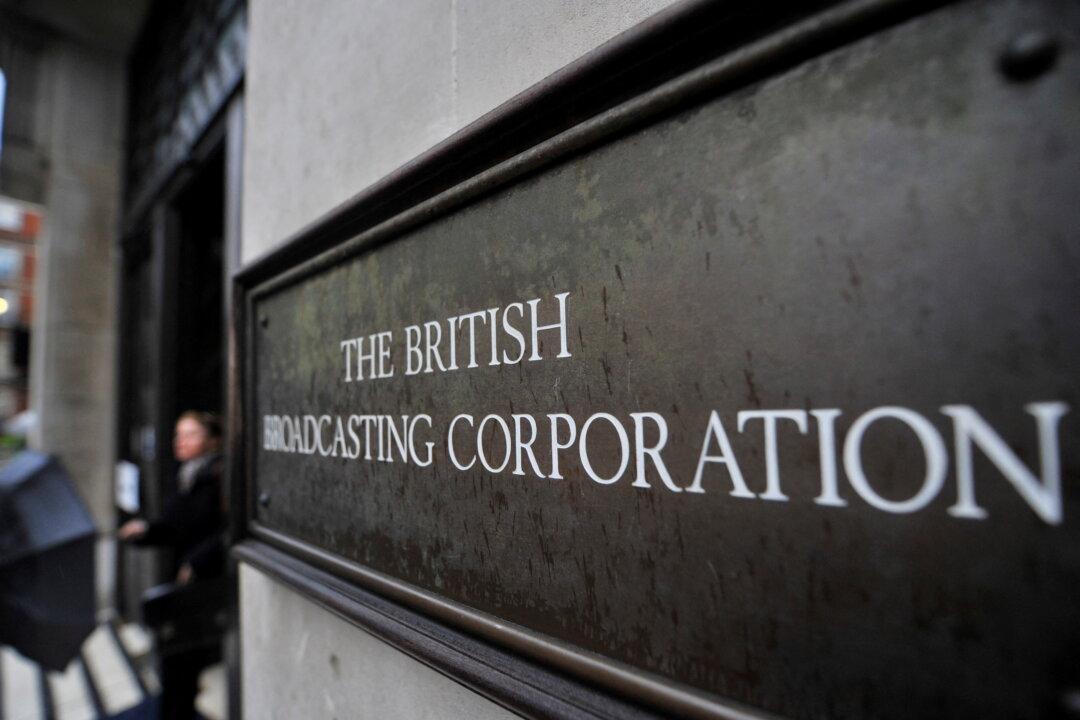Russia’s Foreign Ministry on Tuesday added 49 British media and defence figures to its retaliatory sanctions list, banning them from entering Russia.
The list of 29 media figures contains journalists, editors, and columnists from a wide range of British news media including The Guardian, The Daily Telegraph, Sky News, The Times of London, the BBC, Channel 4, ITV, The Daily Mail, The Independent, and The Financial Times.





